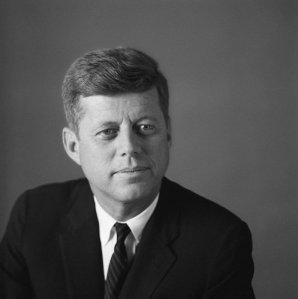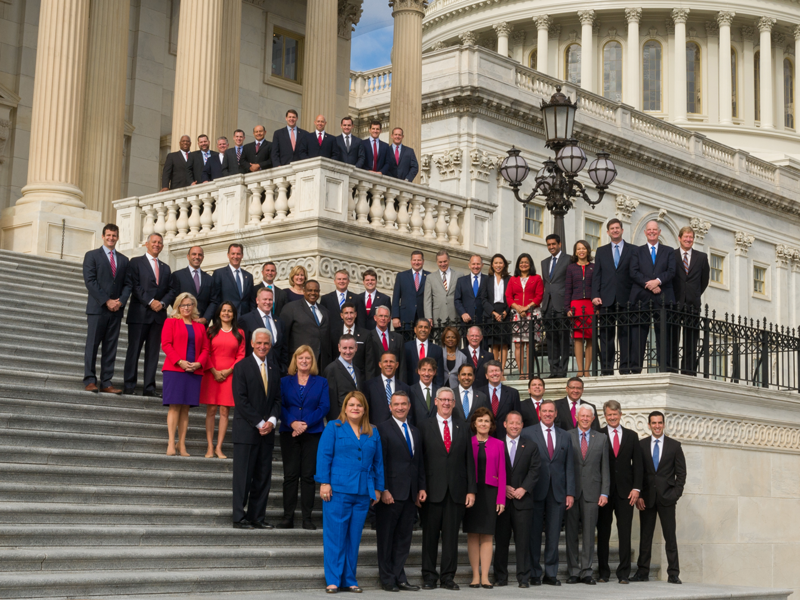MY M0THER AND THE THREE MARYS
I remember my mother’s tears on this day, Good Friday, and wondering why she was so sad. Jesus had been crucified a long, long time ago. It wasn’t happening now. But, to Mom, it was. Like the three Mary’s at the foot of the cross, Mom was weeping in her pew. I remember the white handkerchief dabbing the corners of her eyes.
I was five or six years old the first time I saw Mom at the foot of the cross with the three Marys. The Marys were all gone. Only Mom and her white handkerchief continued the vigil, and it happened every year on Good Friday. It was in junior high school that I began to get under the tears and weep them for myself. I “got” the cruelty of it.

The pounding of nails into wrists and feet. The soldiers laughing at him while they gambled for his clothes. If they were gambling for his clothes, was Jesus naked in front of the whole world? Was the crown of thorns the only thing he wore? Were the thorns cutting into his head? “I thirst.” They give him vinegar on the end of stick! He looks down at John. “Behold your mother; woman, behold your son.” Take my mother home! Mary doesn’t go home. She stays by him until the end. She winces at the nightmare she cannot end: “Eloi, Eloi, lama sabstachtani?” (My God, my God, why have You abandoned me?), watches as a soldier puts a hole in his side; weeps inconsolably when it is finished, and they take him away.
How could Mom not cry hearing that? How could anyone not reach for a handkerchief?
“GOD WAS IN CHRIST, RECONCILING THE WORLD TO HIMSELF”
Years later, Ken and Ilse Beaufoy and I observed Good Friday in the pews of Shepherd of the Hill Presbyterian Church. Aside from one or two others who dropped by for a short time each year, we were alone in the church. Beginning at noon, at half hour intervals, we read aloud a portion of the Passion narratives, paused in silence, listened to the corresponding musical movement from Rutter’s Requiem, spoke a brief prayer, and sat in the stillness until the next half hour.

The Good Fridays with Ken (and Ilse, before she died) were unique. An American Presbyterian minister with a married couple, Ken, a former Biitish soldier, and Ilse, a former member of the Luftwaffe. Ken and Ilse met at a dance sponsored by the Allied occupation that followed the end of WW II.
Ilse was one of two women soldiers awarded the Iron Cross for standing her post during the Allied bombing of Hamburg.
Despite objections and death threats from family members, Ken and Ilse committed themselves to the bonds of marriage. What else but the reconciling love of God could bridge the gulf of former enemy combatants? Five decades later, Ilse died moments after hearing the words of permission that would only have meaning to a decorated war hero who had stayed at her anti-aircraft post atop the Hamburg bunker to protect the civilians below. “You no longer need to stand your post. You no longer need to fight. It’s time to go home. Go in peace.” From that day on, there were just the two of us staying by the cross from noon to 3:00 on Good Friday.
Rutter’s “Pie Jesu” did not explain the crucifixion or the peace it brought Ken and Ilse Beaufoy. It didn’t need to. Some things cannot be explained. They can only be lived…with thanksgiving for abounding grace while dabbing the corner of your eyes with a handkerchief.
— Gordon C. Stewart by the wilderness, Minnesota, Good Friday, April 19, 2019

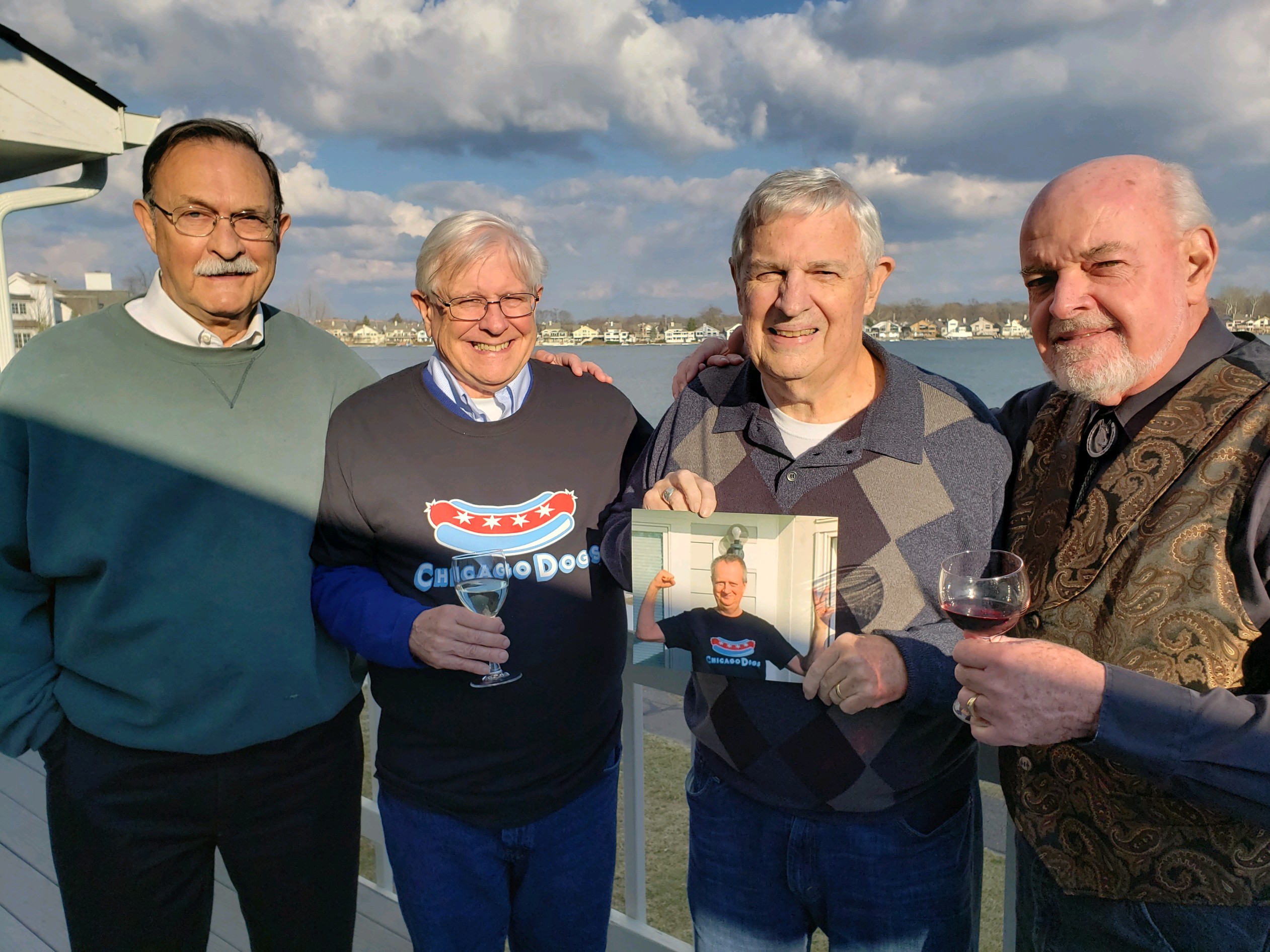
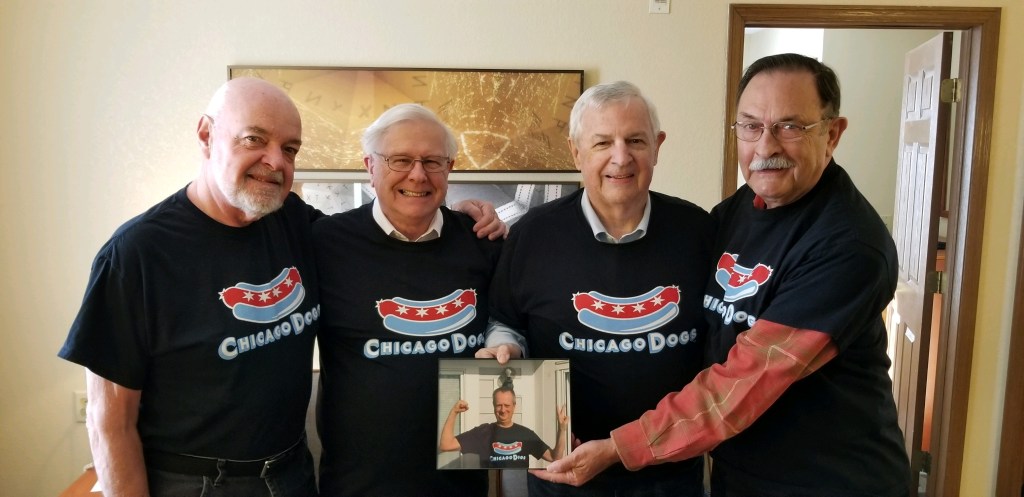
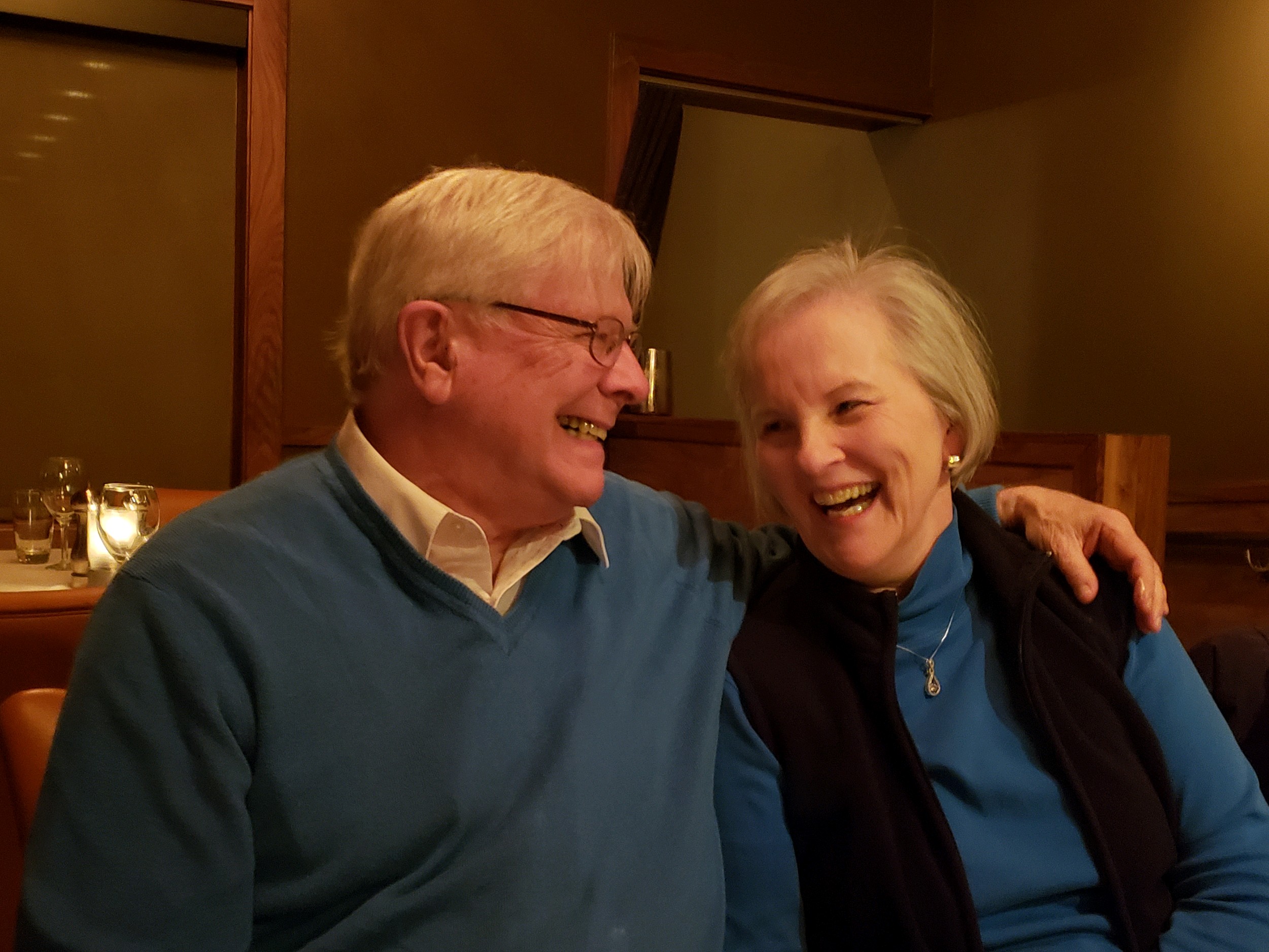

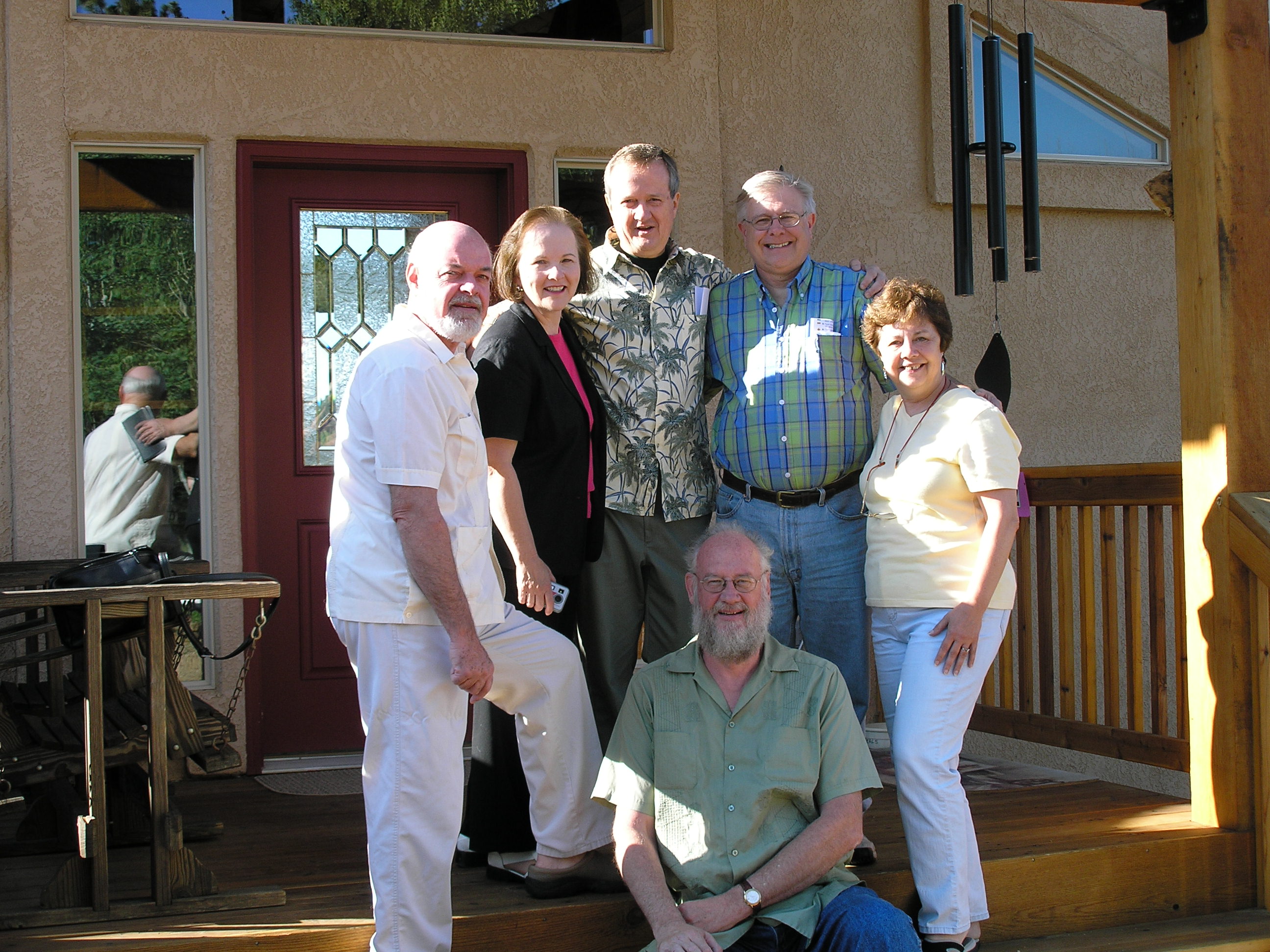
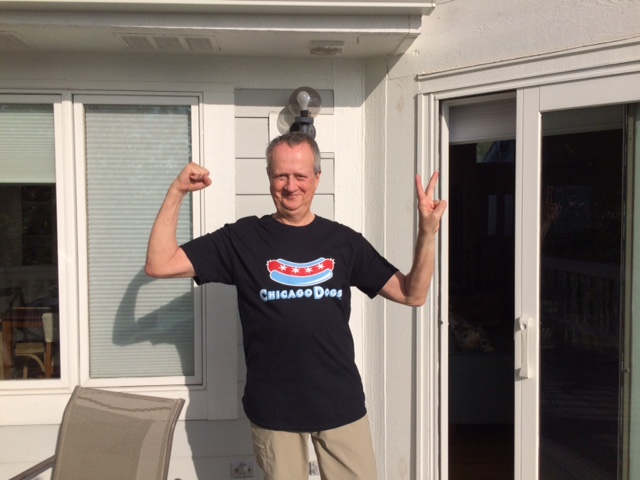

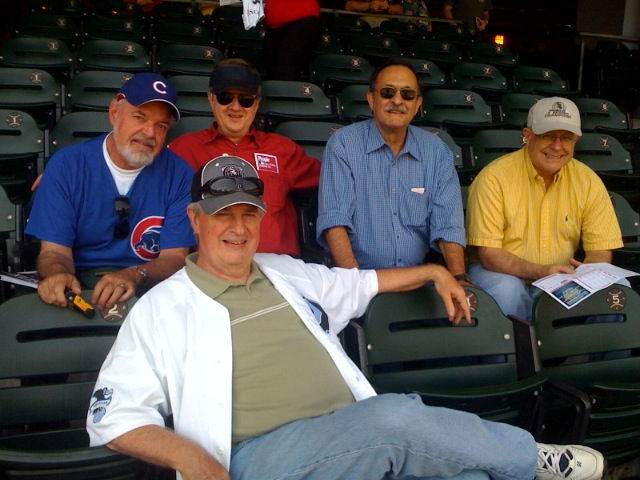

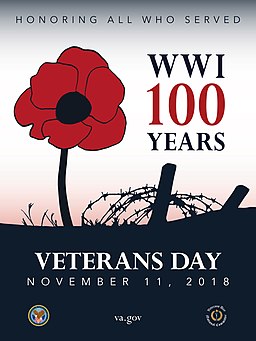
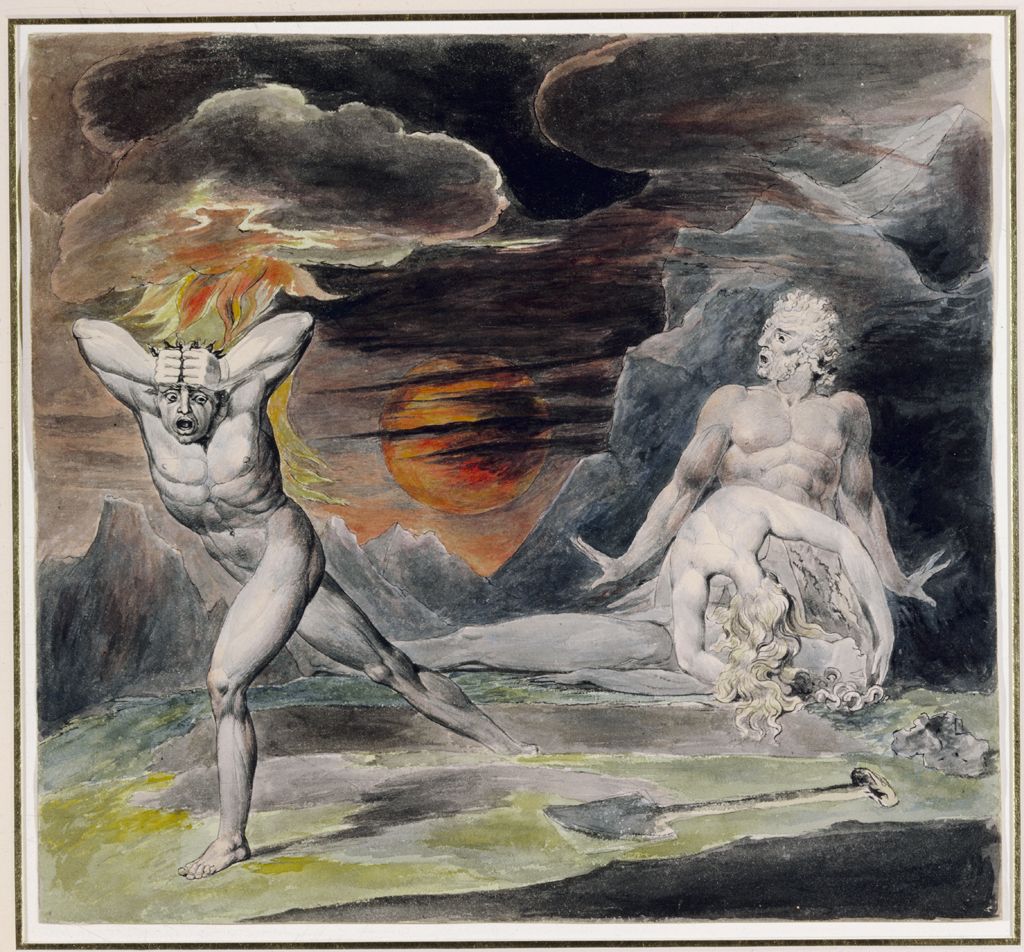
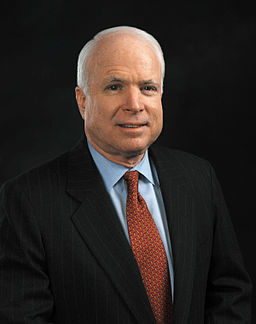 It’s a familiar idiom from the old proverb that “it’s
It’s a familiar idiom from the old proverb that “it’s 
 News of Senator John McCain’s death highlights the contrast between John McCain and Donald Trump, who belittled McCain’s service, never mentioned his name at the recent announcement of the defense bill that bears McCain’s name, and sent a terse condolence to the McCain family on the occasion of his death:
News of Senator John McCain’s death highlights the contrast between John McCain and Donald Trump, who belittled McCain’s service, never mentioned his name at the recent announcement of the defense bill that bears McCain’s name, and sent a terse condolence to the McCain family on the occasion of his death: